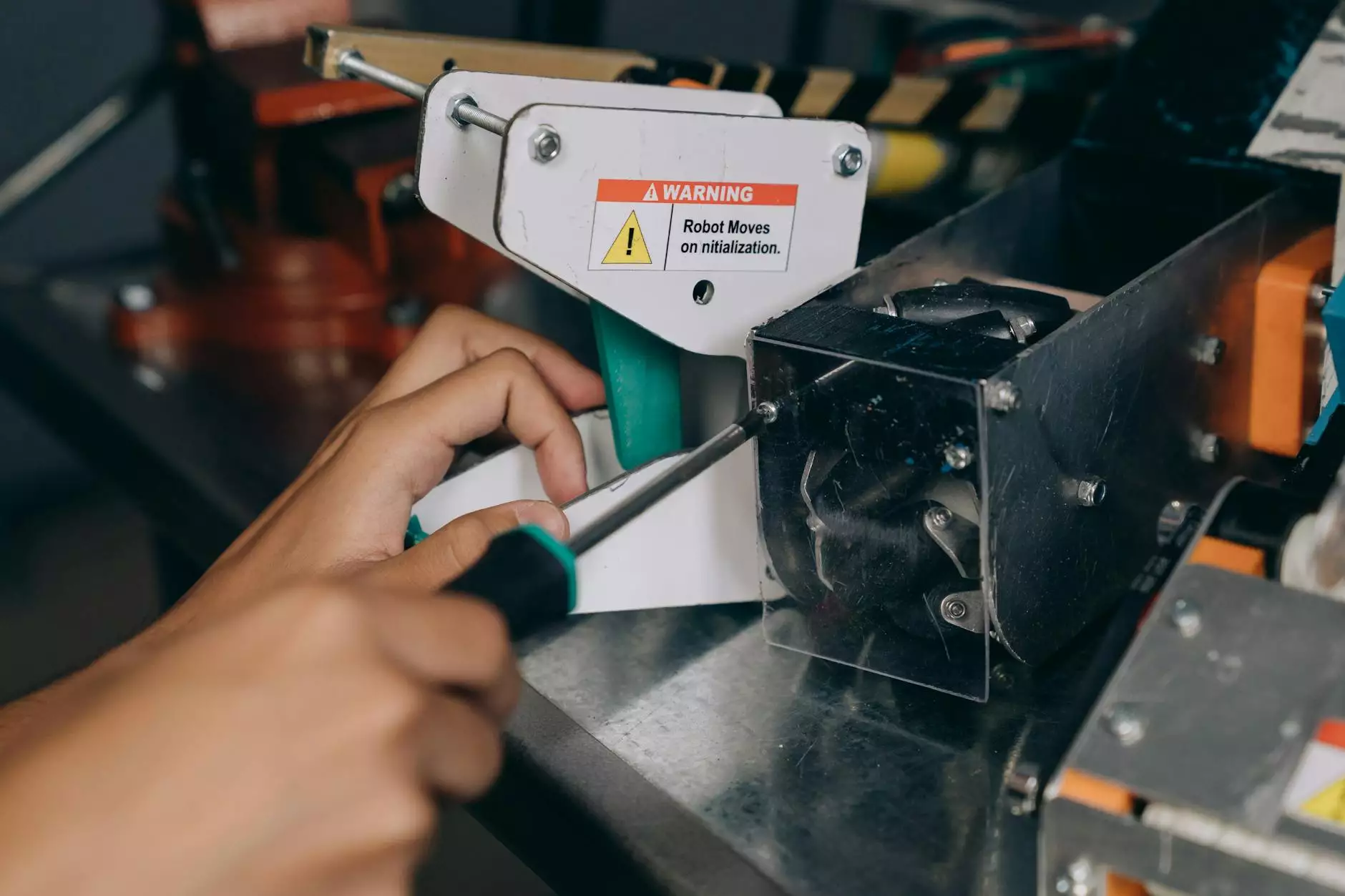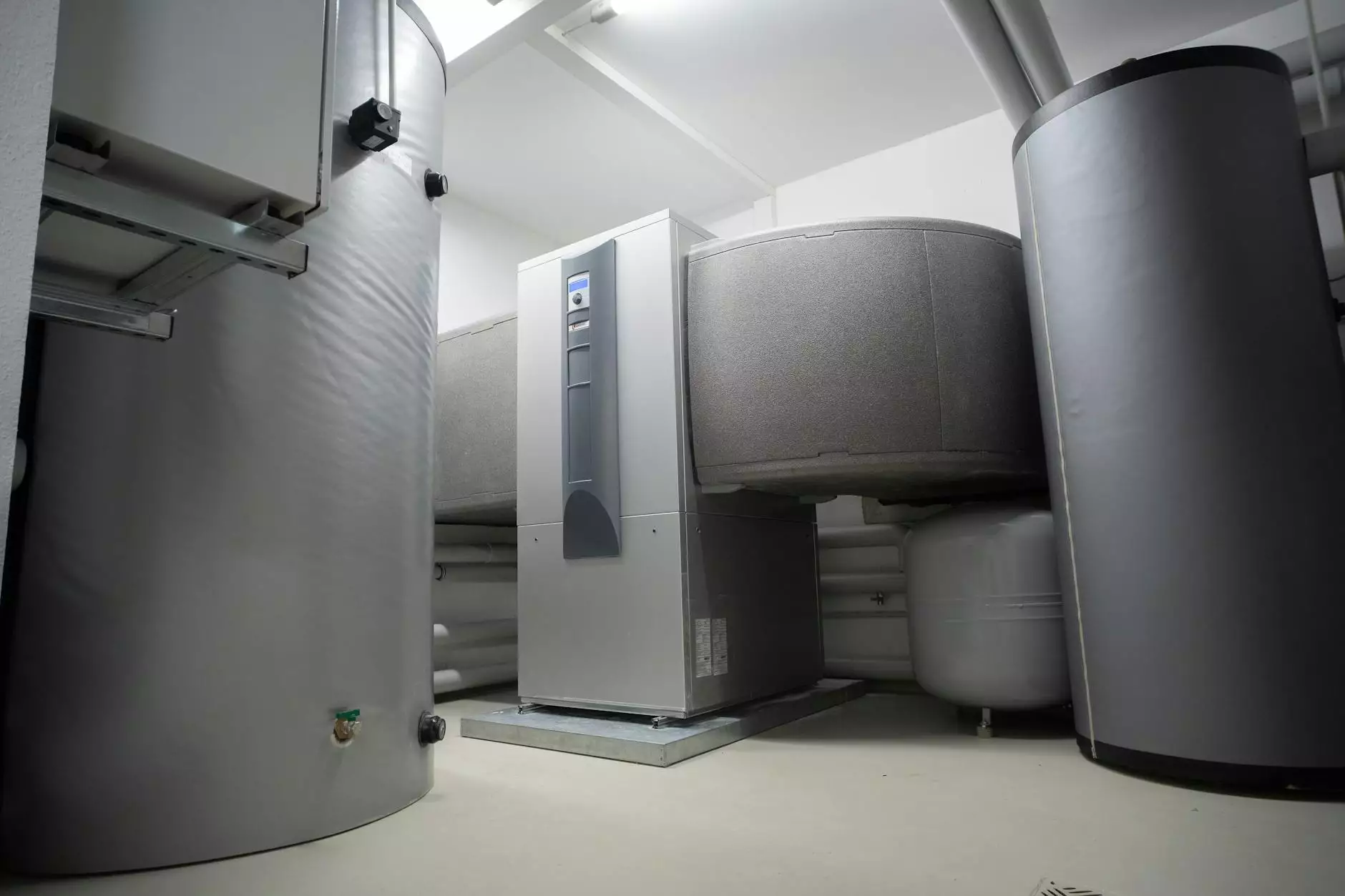Unlocking Efficiency: The Integral Role of Industrial Dehumidifiers in Business Operations
In today's fast-paced business environment, maintaining optimal conditions can significantly influence productivity, asset preservation, and employee well-being. A critical yet often overlooked component of this balance is the use of industrial dehumidifiers. These sophisticated machines play a vital role in controlling humidity levels across various industries—most notably in sectors related to home & garden, home cleaning, and home automation.
Understanding Industrial Dehumidifiers
Industrial dehumidifiers are robust appliances designed to remove excess moisture from the air in large spaces and facilities. Unlike their residential counterparts, these units are built to handle large volumes of air, making them ideal for commercial applications where humidity control is crucial.
How Do Industrial Dehumidifiers Work?
The process of dehumidification primarily involves two technologies:
- Desiccant Dehumidification: Uses hygroscopic materials that absorb moisture from the air.
- Refrigerant Dehumidification: Cools the air, causing moisture to condense and then be collected.
Both methods have their unique advantages, making it essential to choose the right type of industrial dehumidifier based on specific business needs.
The Value of Humidity Control in Business
In many industries, humidity control is not just a comfort issue; it is critical for safety, efficiency, and compliance.
Enhancing Product Quality
Businesses that deal with products sensitive to humidity, such as:
- Pharmaceuticals
- Food and beverages
- Electronics
- Textiles
must maintain specific humidity levels to preserve quality. For instance, excess moisture in food production can lead to spoilage or mold growth, severely impacting reputations and finances.
Boosting Employee Health and Productivity
A comfortable work environment is essential for employee satisfaction and productivity. High humidity levels can lead to discomfort, decreased alertness, and even health issues like mold growth that can compromise indoor air quality. By installing industrial dehumidifiers, employers can:
- Enhance air quality
- Reduce allergens
- Provide a more comfortable working environment
Specific Applications of Industrial Dehumidifiers
Industrial dehumidifiers find application across various sectors. Let’s delve into how they benefit specific industries.
1. Home & Garden
In the home and garden sector, maintaining the right humidity level is essential for plant health and preserving building structures. Excess moisture can lead to:
- Wood rot in structures
- Mold growth on walls and ceilings
- Increased pest activity
Using industrial dehumidifiers in greenhouses or indoor gardening setups helps manage humidity, ensuring a conducive environment for plant growth while preserving the integrity of the infrastructure.
2. Home Cleaning
For businesses involved in home cleaning, industrial dehumidifiers are crucial in addressing dampness after water damage or flooding. They aid in:
- Speeding up the drying process after cleaning
- Preventing mold growth in water-damaged areas
- Ensuring treated spaces are safe and ready for reoccupation
This equipment is an asset for cleaning companies aiming to provide comprehensive services.
3. Home Automation
With the rise of smart home technology, integrating industrial dehumidifiers into home automation systems enhances efficiency. Smart dehumidifiers can:
- Monitor humidity levels automatically
- Link with HVAC systems for improved climate control
- Send alerts to homeowners for maintenance issues
Incorporating such technology can lead to significant cost savings and enhanced comfort in residential settings.
Choosing the Right Industrial Dehumidifier
Selecting the correct industrial dehumidifier involves several considerations to achieve optimal performance:
1. Assess the Size of the Space
The capacity of a dehumidifier is measured in pints per day (PPD). Thus, understanding the size of your commercial space and the specific humidity levels is crucial in choosing the right unit.
2. Evaluate Humidity Levels
Utilize humidity meters to assess baseline humidity levels. This data will inform the dehumidifying capacity you need.
3. Consider Energy Efficiency
Look for Energy Star rated models, as these will save on operational costs. An energy-efficient model may have a higher initial cost but will save money in the long run.
The Future of Industrial Dehumidifiers
The future of industrial dehumidifiers is promising. Emerging technologies are paving the way for smart, connected devices that not only monitor and control humidity but also provide data analytics and predictive maintenance capabilities. This advancement will enable businesses to:
- Reduce operational costs
- Increase asset lifespan
- Enhance overall efficiency
Conclusion
In summary, industrial dehumidifiers are invaluable assets across various sectors. They contribute to improved product quality, employee health, and environmental comfort. Businesses that invest in these machines are better positioned to thrive in an increasingly humid world, safeguard their assets, and optimize their work environments. As you consider integrating dehumidification solutions into your operations, remember the manifold benefits they offer, making them a worthy investment for any forward-thinking business.





